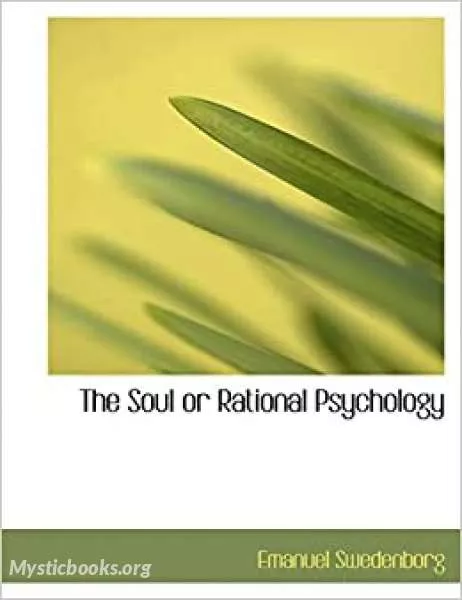
The Soul or Rational Psychology
'The Soul or Rational Psychology' Summary
A few quotes from the book 'The Soul or Rational Psychology'
It has been shown above that the harmonies themselves are innate with us, or that we perceive them without a teacher; as the sweetnesses of taste and smell, the symmetries of sound, the excellencies and beauties of nature; in a word, the very order of things or the harmony of modes, forces, substances, and forms. Thence also we may perceive the very truths of things, for these correspond to the order itself in nature; and this is the reason why order is called "the transcendental truth."
In order that the human intellect may exist, it is necessary that the truths themselves be variegated and as it were modified by things mendacious, or true things with false, good with evil.
There are as many worlds as there are terrestrial societies, and there are as many heavens as there are celestial societies. The love of society is both natural and acquired, for to live alone or to live without society is not to live, for whatever is one's own is not known as one's own except from others, or relatively.
When we strive for and desire what we love, and yet impossibilities interfere with our attaining our end, we call this state of desire hope, and it seems to be in the will viewed as an endeavour which these obstacles are preventing from coming forth into act and motion. Thus hope is not an affection of the mind, but of its will. For the will always endeavours to act, but so long as it is resisted does not act. Meanwhile it is affected by a certain hope, so that it remains balanced between action and inaction. Despair exists when we cut off hope; then also when, in the end itself, love and ambition, that is, the life and ardour of the mind, collapse and are as it were extinguished.
There is a liberty of thinking and a liberty of acting; and in the middle between these two there is as it were the liberty of choosing , in which properly free will consists; and that our mind is not capable of ruling whether the objects of the senses and their exciting influences, both from the body and the world, shall flow in or not, but it is capable of choosing whether these sensations and excitements shall flow out and be determined into act."
Book Details
Language
EnglishOriginal Language
EnglishPublished In
1849Genre/Category
Tags/Keywords
Authors

Emanuel Swedenborg
Swedish Empire
Emanuel Swedenborg was a Swedish pluralistic-Christian theologian, scientist, philosopher and mystic. He became best known for his book on the afterlife,&n...
Books by Emanuel SwedenborgListen/Download Audiobook
- Select Speed
Related books
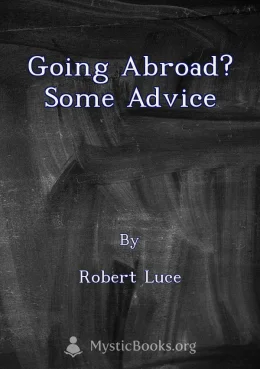
Going Abroad? Some Advice by Robert Luce
Robert Luce's "Going Abroad? Some Advice" is a guide for travelers in the early 1900s planning a trip to Europe. It provides practical advice on navig...

The Righteous Man's Refuge by John Flavel
It is a powerful and inspirational book that offers solace and guidance to individuals seeking refuge in their faith. This timeless piece of literatur...

Will ye go to the Indies, my Mary? by Robert Burns
'Will ye go to the Indies, my Mary?' is a collection of poems by Robert Burns, Scotland's national poet. It showcases his mastery of the Scots langua...
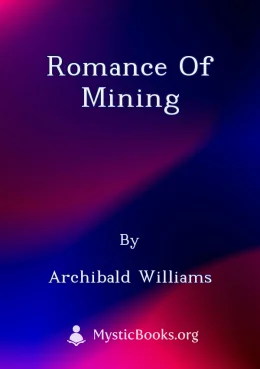
Romance of Mining by Archibald Williams
This book, 'Romance of Mining' by Archibald Williams, explores the history of mining around the world. It delves into the discovery and extraction of...

Home Life in Colonial Days by Alice Morse Earle
When the first settlers landed on American shores, the difficulties in finding or making shelter must have seemed ironical as well as almost unbearabl...
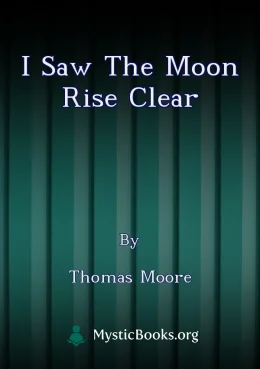
I Saw the Moon Rise Clear by Thomas Moore
“I Saw the Moon Rise Clear” is a collection of Thomas Moore's poetry, showcasing his lyrical and romantic style, known for its evocative imagery and t...

Brazil and the River Plate in 1868 by William Hadfield
This book provides a narrative description of the progress of Brazil and the River Plate countries in 1868. It covers various aspects of these countri...

Chronicles of Canada Volume 09 - The Acadian Exiles: A Chronicle of the Land of Evangeline by Arthur G. Doughty
The name Acadia, which we now associate with a great tragedy of history and song, was first used by the French to distinguish the eastern or maritime...
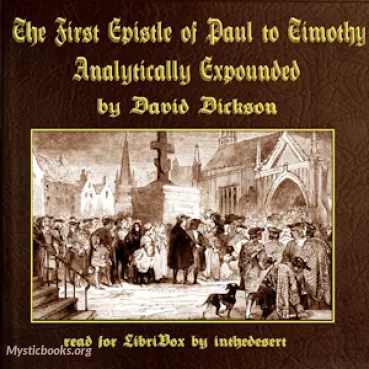
The First Epistle of Paul to Timothy, Analytically Expounded by David Dickson
Delve into the profound wisdom of the Apostle Paul's teachings in "The First Epistle of Paul to Timothy, Analytically Expounded" by David Dickson. Unl...

Ricordi di Parigi by Edmondo De Amicis
Memoirs of a trip to Paris.
Reviews for The Soul or Rational Psychology
No reviews posted or approved, yet...